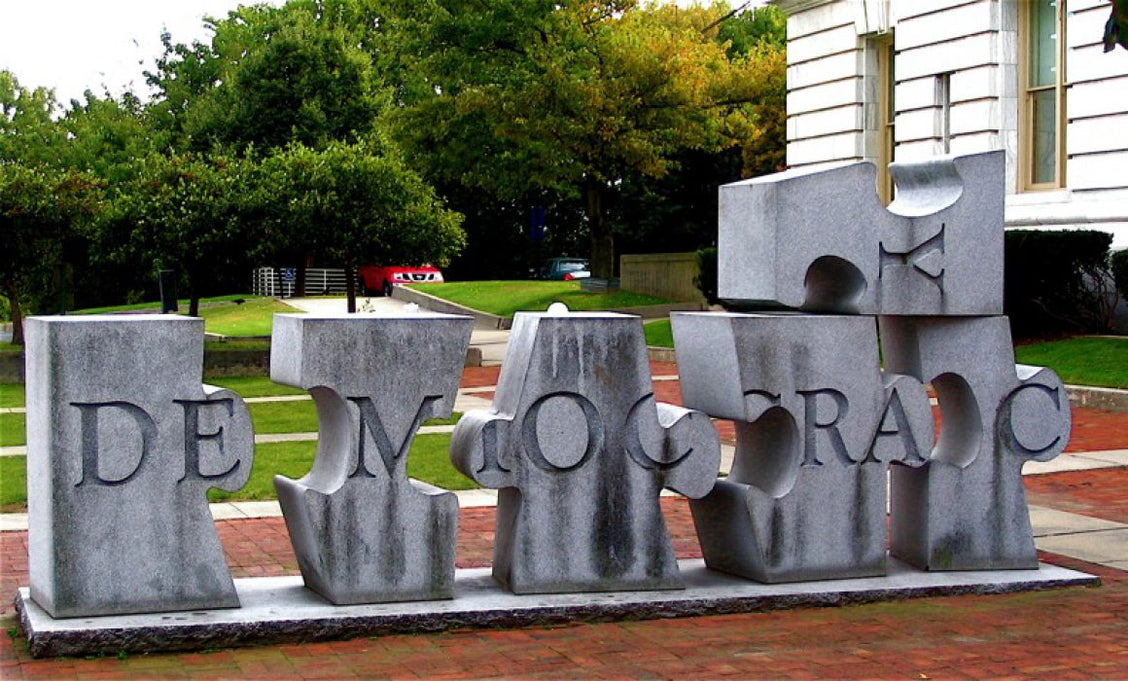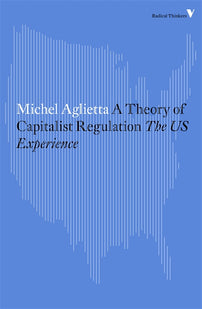The need for inclusive and sustainable development
In response to the increasing iniquities of contemporary capitalism, Michel Aglietta argues that the only way out is through increasing political democracy, and a radical democratisation of the economy.

This question is both the major problem of this century and a topic of burning interest, highlighted by the gilets jaunes movement in France. A movement that well illustrates the dilemma known as the ‘tragedy of horizons’, which policy makers currently have to confront. Tackling the environmental challenge demands a long-term effort, with a steady increase in carbon pricing that must begin immediately. At the same time, this effort must not unduly burden the working and middle classes who have been severely affected since the financial crisis.
Capitalist accumulation is the essential historical cause of this divergent dynamic, by destroying biogeochemical equilibria and exacerbating inequalities. Transforming the growth regime has therefore become a vital necessity. This is discussed in a recent report.[1]
In-depth historical analysis shows that this dynamic is governed by long-term financial cycles that influence production conditions and all social structures. Since the rise of financialization in the early 1980s and the adoption of shareholder value as a dominant principle, the regulatory system has deteriorated. Certain characteristics of the ‘Belle Époque’ have reappeared: rising social inequality, concentration of the power and wealth of the ruling classes, multiplication of geopolitical rivalries. But our age is also marked by accelerating socio-ecological imbalances in which the infringement of planetary limits, above all in terms of climate, is related to the accumulation of financial vulnerabilities.
This is a time of ruptures and uncertainties in the nexus between historical analysis and prospective focus. The supposedly organic link between capitalist development and liberal democracy has been broken by the emergence of China as a leading power. The infringement of ecological limits and a declining tolerance for social inequalities are beginning to shake up financialized capitalism. There is a felt need for collective action that mobilizes citizens and seeks to change our way of life so as preserve nature and protect human habitats.
The need for a new social contract: inclusiveness and participatory democracy
As the myth of the pure and perfect market fades, the need for public goods as a matrix for the cohesion of human groups and protection against collective risks means tackling the question of social choice. A return to Rawls is essential here, to establish the principles of justice needed to guide sustainable development strategies.
John Rawls’s normative conception, which posits equity at the root of social justice, stands in radical opposition to utilitarianism. To establish principles of justice Rawls used a moral framework derived from Kant to define the meaning of common good. Rawlsian principles of justice as equity are deduced from this. They apply to the distribution of what Rawls calls primary goods. Access to primary goods is the foundation of genuine freedom; and denial of this access is deprivation of freedom. Rawlsian principles therefore go far beyond the formal principles known as ‘human rights’. Thus poverty is a deprivation of genuine freedom, and from a perspective of justice as equity, poverty eradication must therefore be the primary objective of public policy.
Environmental degradation can restrict the availability of primary goods and change their distribution to the detriment of the poorest. Conversely, adopting a ‘primary goods’ perspective shows the way in which the fight against climate change and the infringement of other global limits should be conducted. Community participation in decision-making must be ensured.
Rawls laid the theoretical foundation for societal choice by radically breaking with utilitarianism. Amartya Sen made a major advance in the practical pursuit of principles of justice by showing the way to participatory democracy. He gave primary goods a dynamic meaning by forging the notion of ‘capabilities’. A capability is a genuine freedom to achieve: the ability to transform available resources into a real freedom to choose the life project that one has reasons to value. Sen focused on the factors that convert resources into realizations, and among these factors, access to lifelong education is crucial. These are the principles that must guide responses to the social demands of the working and middle classes.
Strategies: enlightened doom-saying to overcome the tragedy of horizons
Any ‘progressive’ transformation of the structures of capitalism comes up against the blocking power of powerful actors, who take advantage of existing structures and mobilize all their resources to oppose it. Climate change is a new kind of disaster. It has the potential for a destruction of civilization that will be irreversible if it occurs. This may be envisaged without it being halted.
It is in this context that we find the idea of enlightened catastrophism initially championed by Jean-Pierre Dupuy.[2] By highlighting the most fundamental dangers facing societies, enlightened catastrophism is a tool of societal choice for a time of ruptures and uncertainties. It alerts individuals to the sources of catastrophe, and thus indicates which social relationships are catalysts of change and which are catalysts of socio-ecological inequalities.
But the implementation of enlightened catastrophism is not automatic. It requires strong political involvement and public support, to channel finance into the investments needed for a steady shift towards reversing greenhouse-gas accumulation. It is therefore an expensive strategy, which must be implemented here and now and extend over a long timeframe, bearing fruit only after several decades. This is a planning of time that the influence of financialized capitalism prevents political and economic leaders from conducting.
It is up to political leaders to set guidelines enabling finance to build a bridge between a present marked by risk aversion and a future built on collective issues driven by the support of citizens. For participatory democracy to move beyond contestation in the direction of investments that transform the growth regime, it is necessary to increase carbon tax, reduce tax on earned income and increase the progressiveness of income tax. If finance is to be put back in the service of the economy, tax evasion must be eradicated by regulating transnational oligopolies and idle capital gains must be heavily taxed.
Participative democracy at all levels of social organization is essential to restore the sustainability of life on the planet. It will only mobilize citizens if combined with a principle of justice to democratize wealth.
[book-strip index="1" style="display"][1] https://www.caissedesdepots.fr/sites/default/files/medias/institut_cdc_pour_la_recherche/cdc_rapport_final_croissance_de_long_terme-_vpc_il_bis_-_relu_af.pdf
[2] [Pour une catastrophisme éclairée, Seuil, 2004. See also ‘Enlightened Doomsaying and the Concern for the Future’, http://www.ritsumei.ac.jp/acd/re/k-rsc/lcs/kiyou/pdf_24-4/RitsIILCS_24.4pp.7-13DUPUY.pdf]


